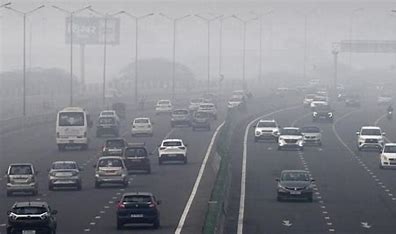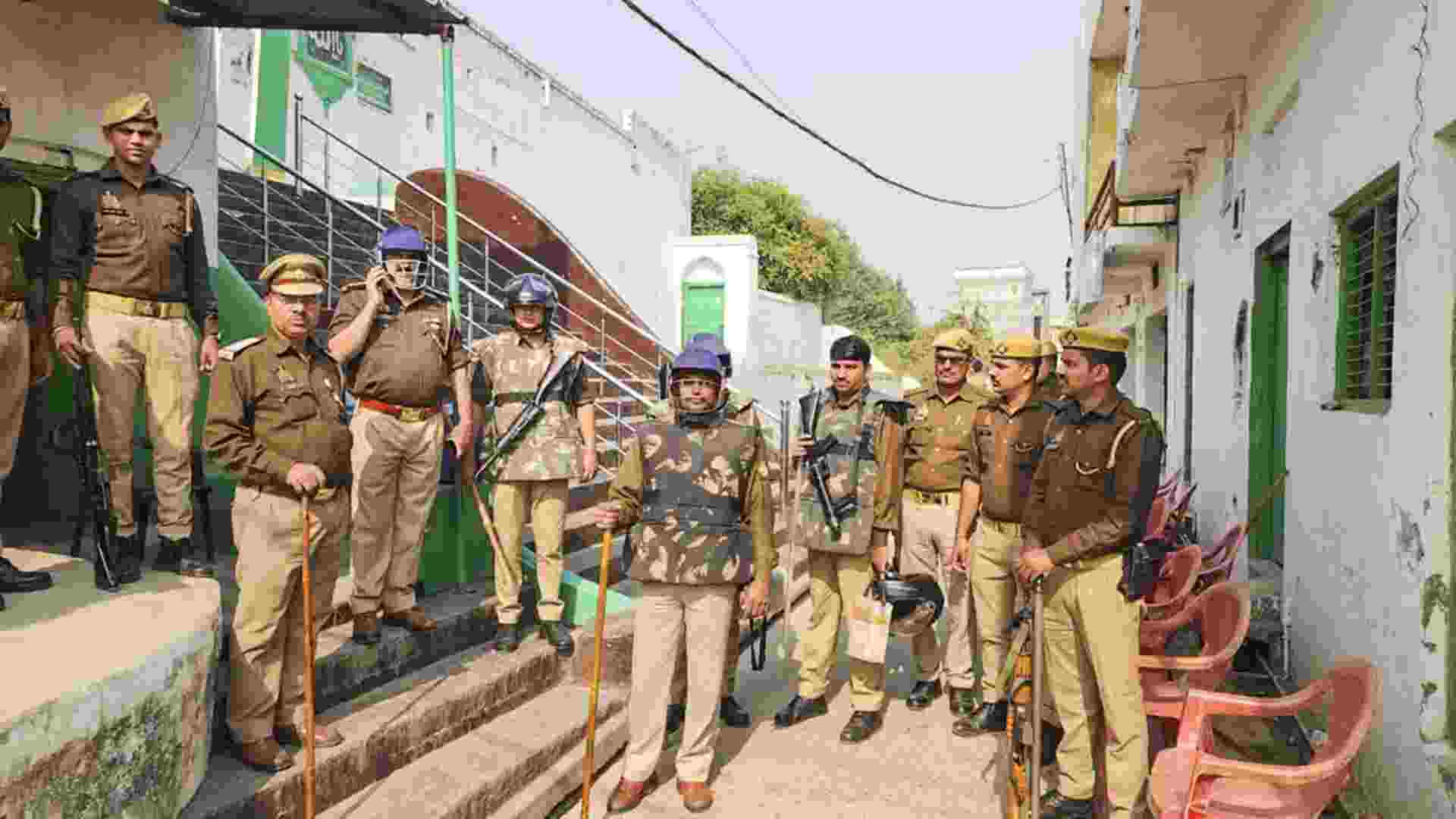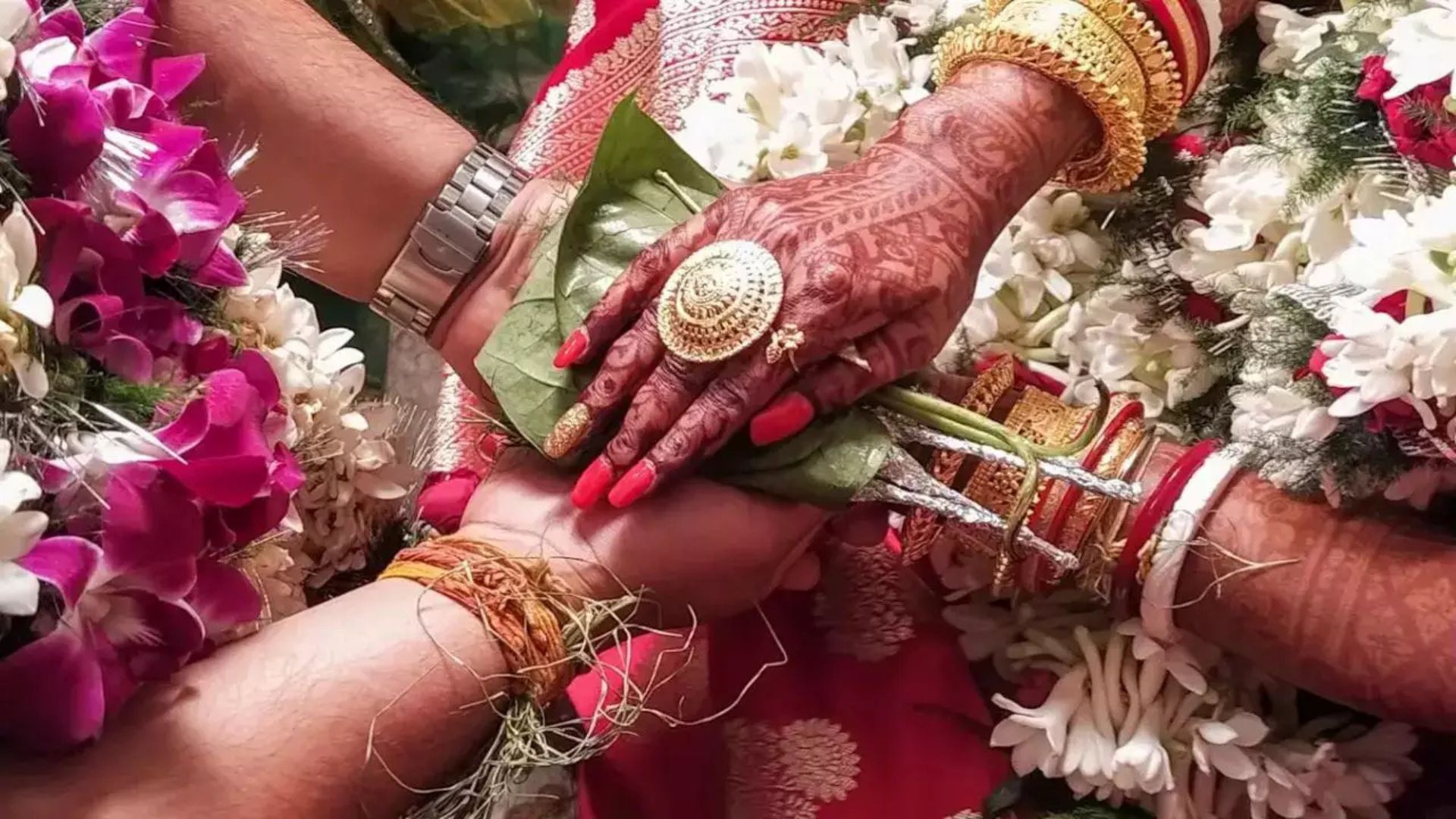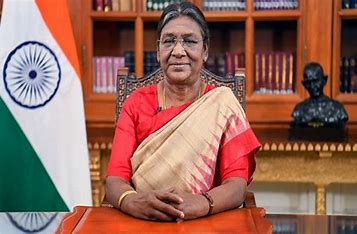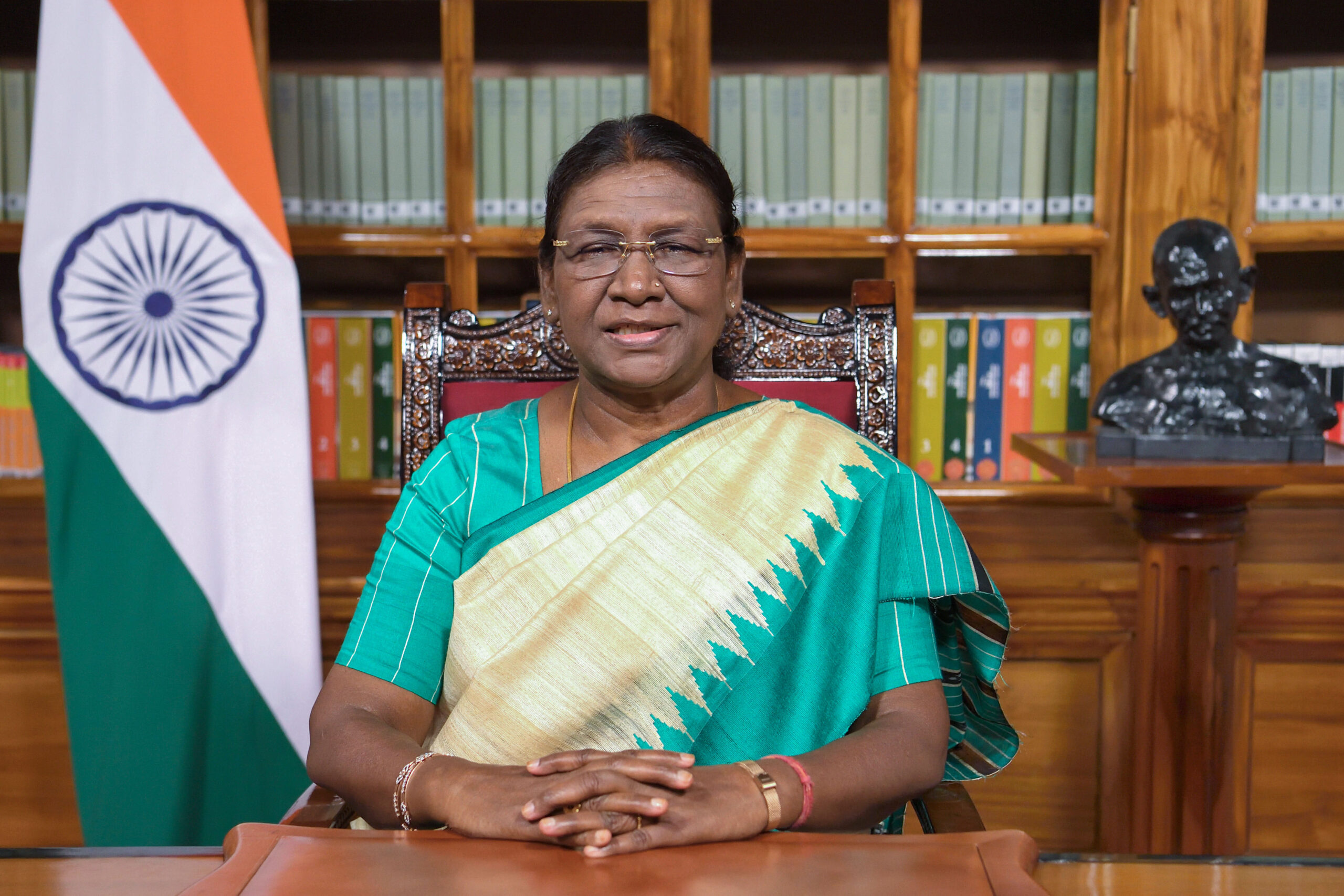
President Droupadi Murmu has granted her approval to the Women’s Reservation Bill, aiming to establish a 33% reservation for women in both the Lok Sabha and State Assemblies, as indicated by the Law Ministry in a notification issued on September 29. Initially introduced as the Constitution (128th) Amendment Bill in the Lok Sabha, it will now be recognised as the Constitution (106th Amendment) Act, pending the passage of certain proposed constitutional amendments by Parliament.
“It shall come into force on such date as the Central government may, by notification in the official gazette, appoint,” read the Law Ministry notification.
During the special session of Parliament earlier this month, Prime Minister Narendra Modi had described the law as “Nari Shakti Vandan Adhiniyam”.
The Constitution amendment Bill was passed by the Lok Sabha with near-unanimity, with only two members opposing it and was unanimously passed by the Rajya Sabha.
The law, however, will be implemented after the next census and the subsequent delimitation exercise — redrawing of Lok Sabha and Assembly constituencies — will determine the particular seats that are to be reserved for women. The quota for women in the Lok Sabha and Assemblies will continue for 15 years and Parliament can later extend the benefit period.
While there is quota within quota for Scheduled Caste (SC) and Scheduled Tribe (ST) women, the Opposition had demanded that the benefit be extended to Other Backward Classes (OBC).First introduced in 1996, the Bill has seen several twists and turns, including its passage in the Rajya Sabha in March 2010 but the Congress-led UPA did not bring the Bill in the Lok Sabha for the lack of consensus and inadequate numbers to push it through.
Data show that women MPs account for nearly 15% of the Lok Sabha strength while their representation is below 10% in many State Assemblies.

